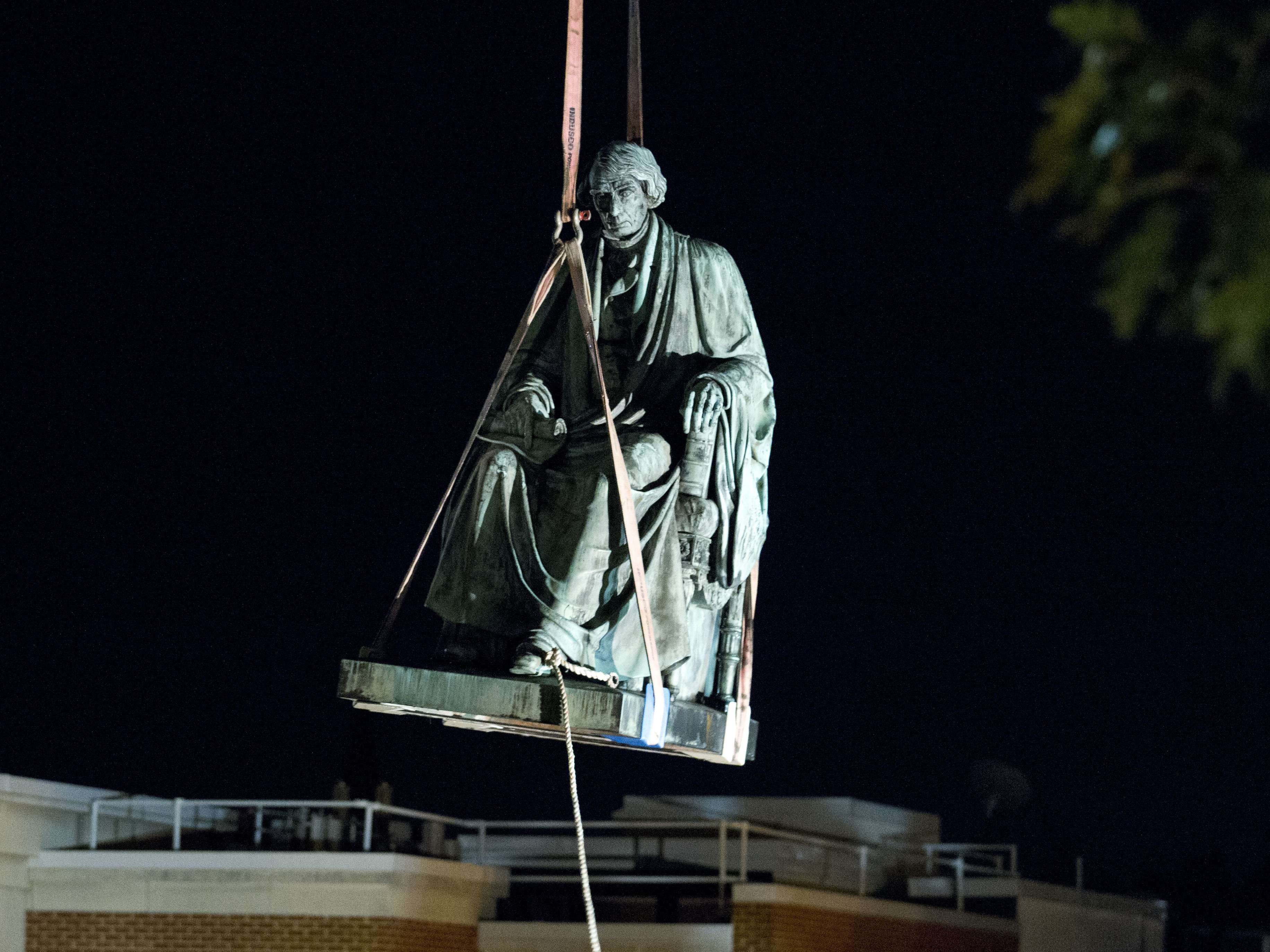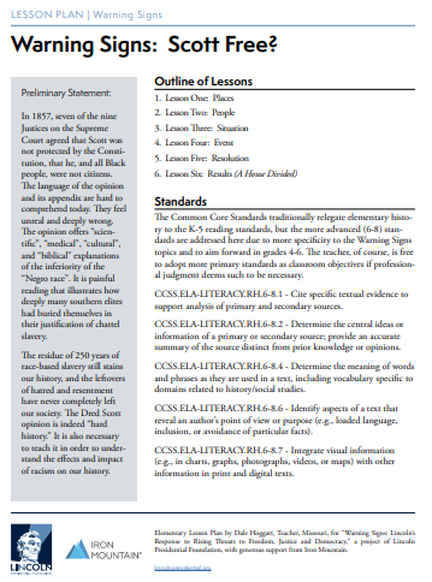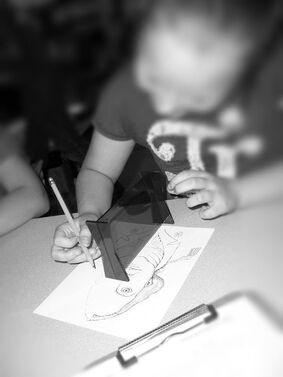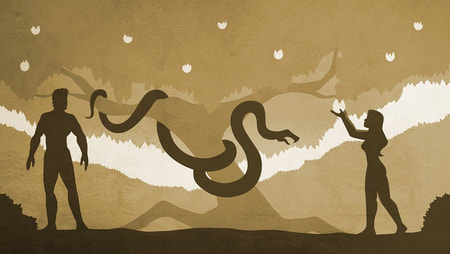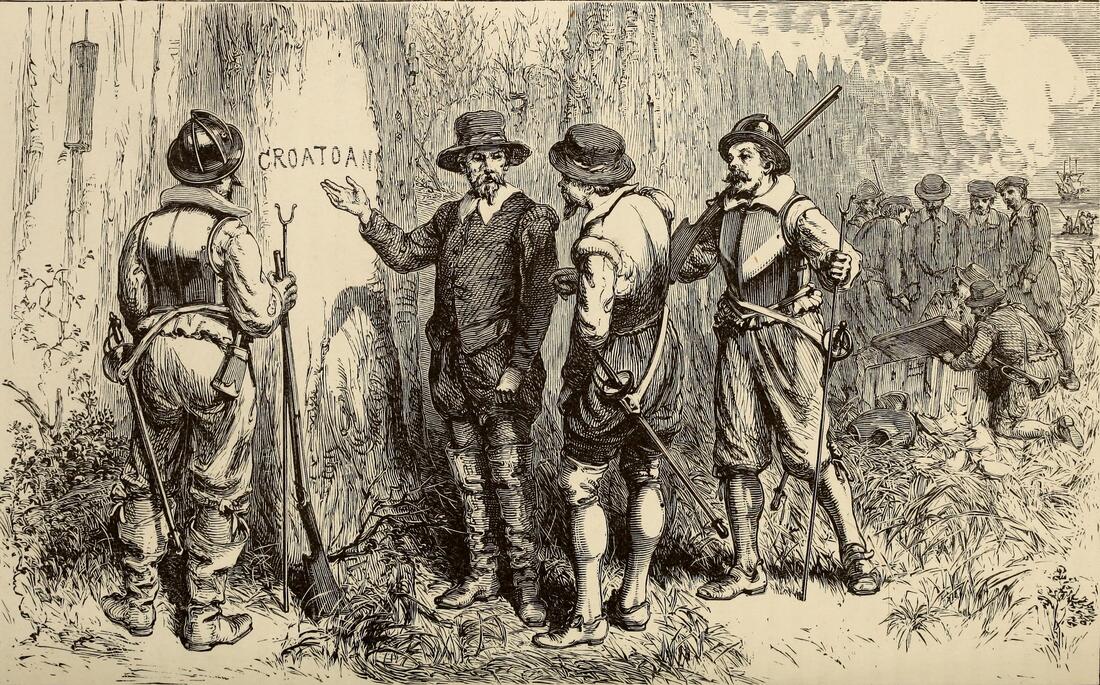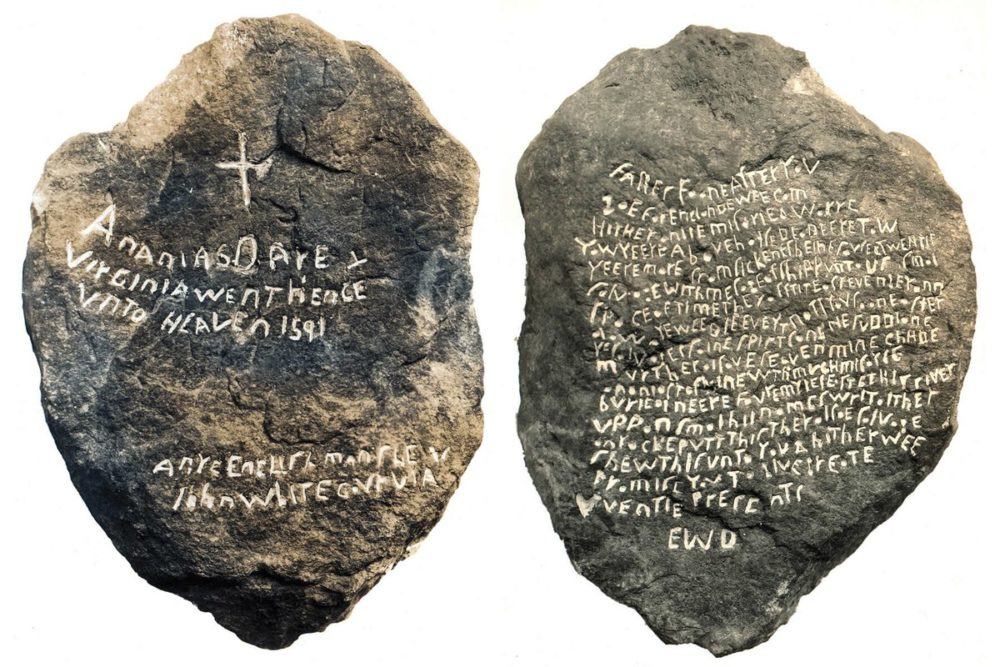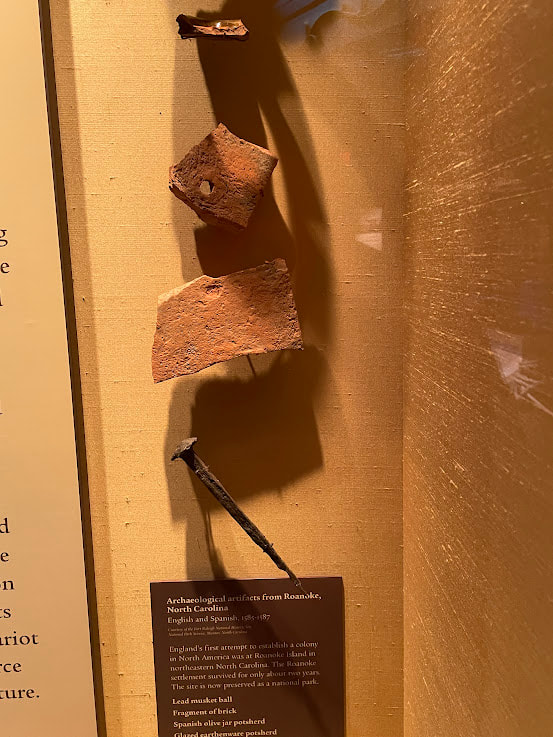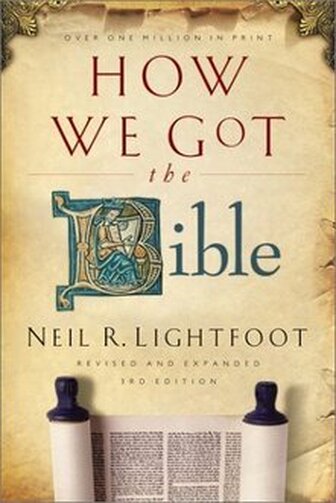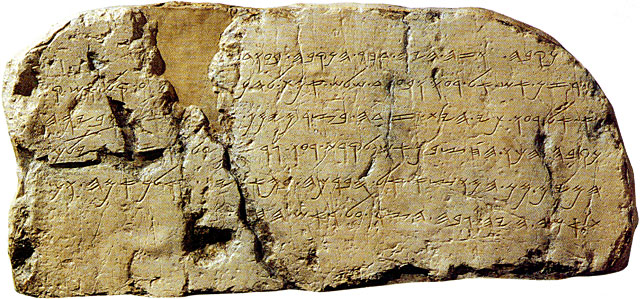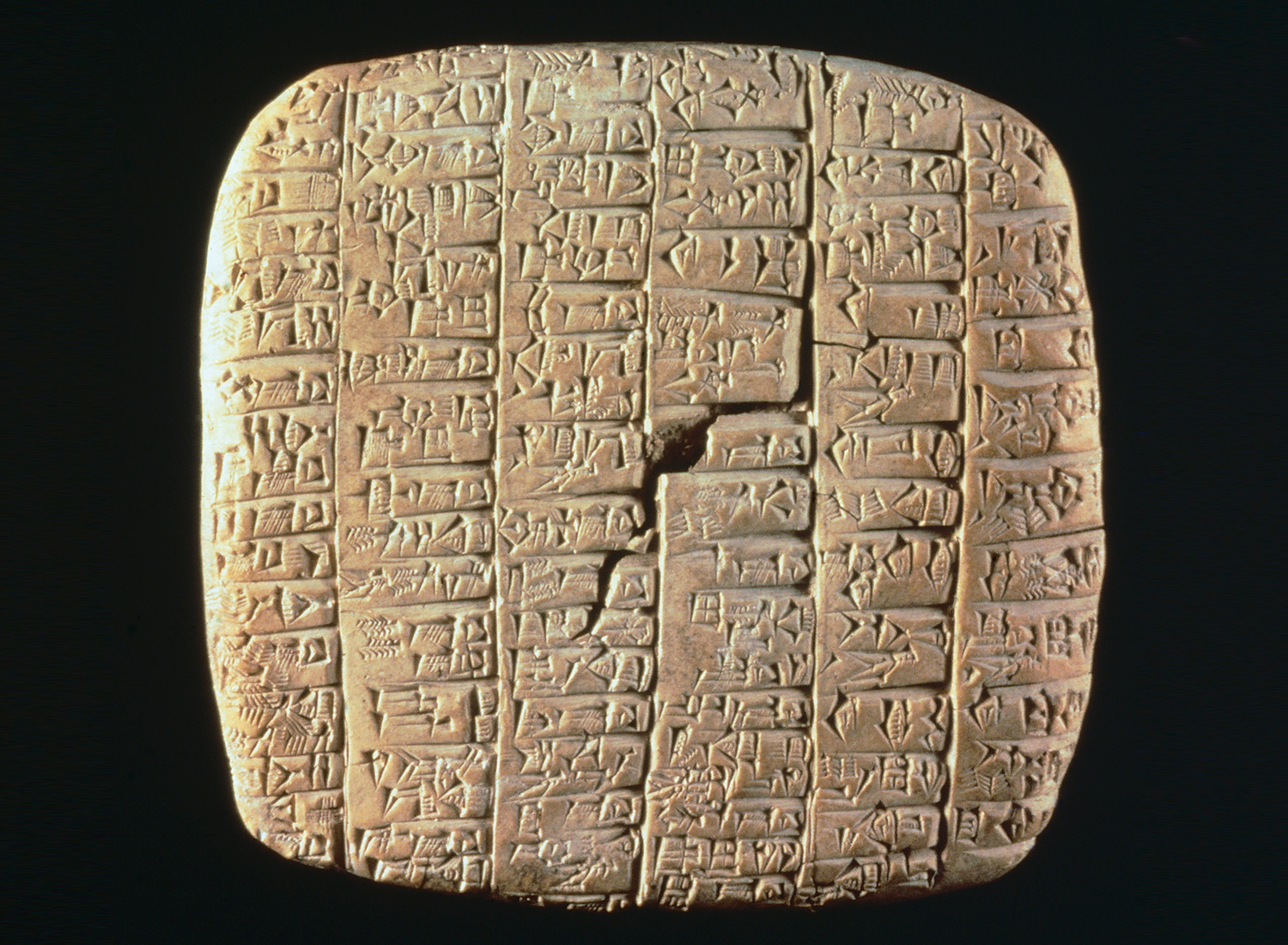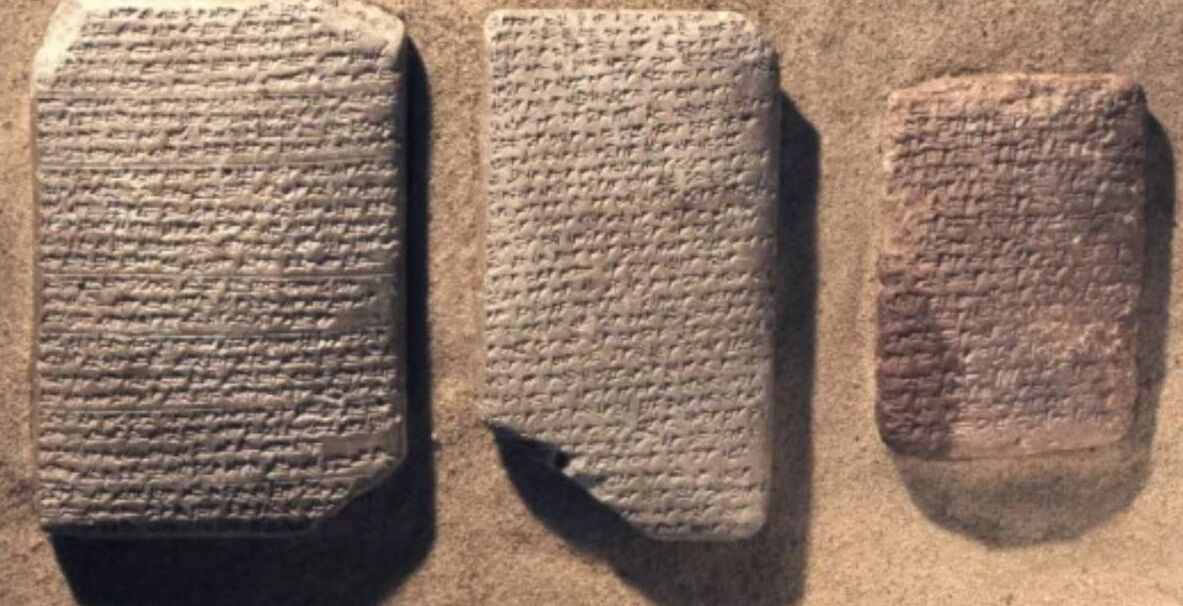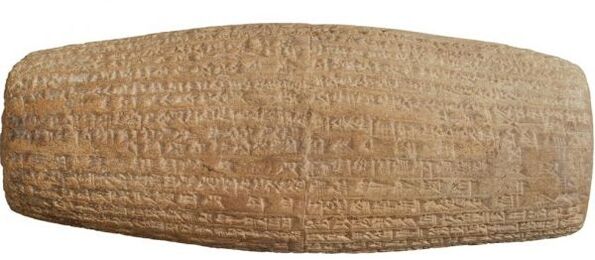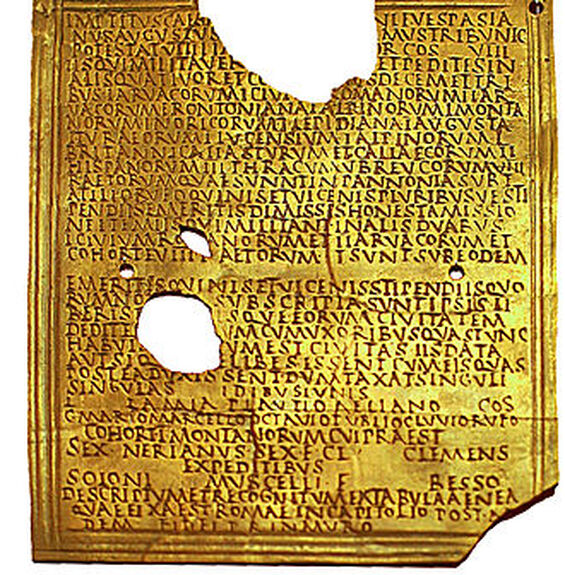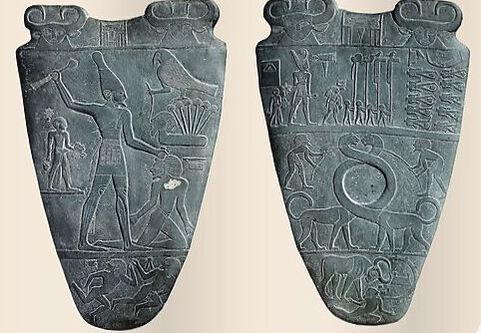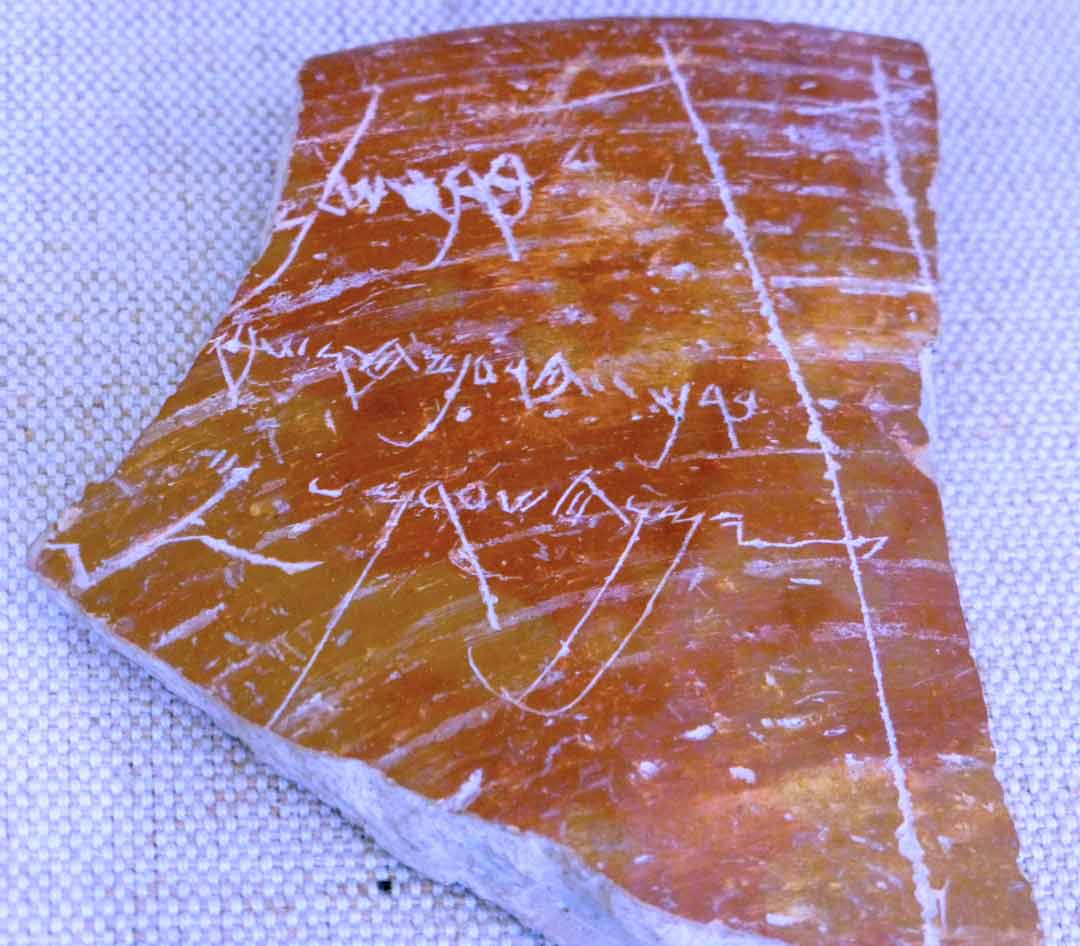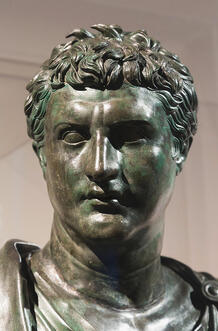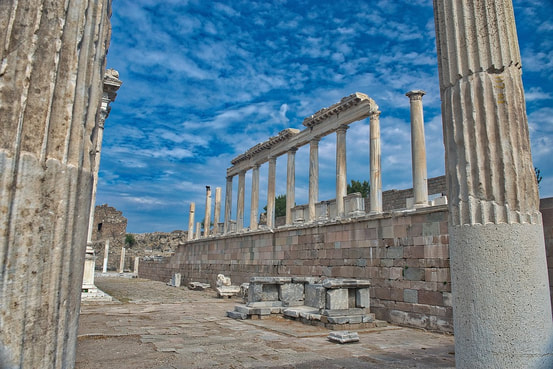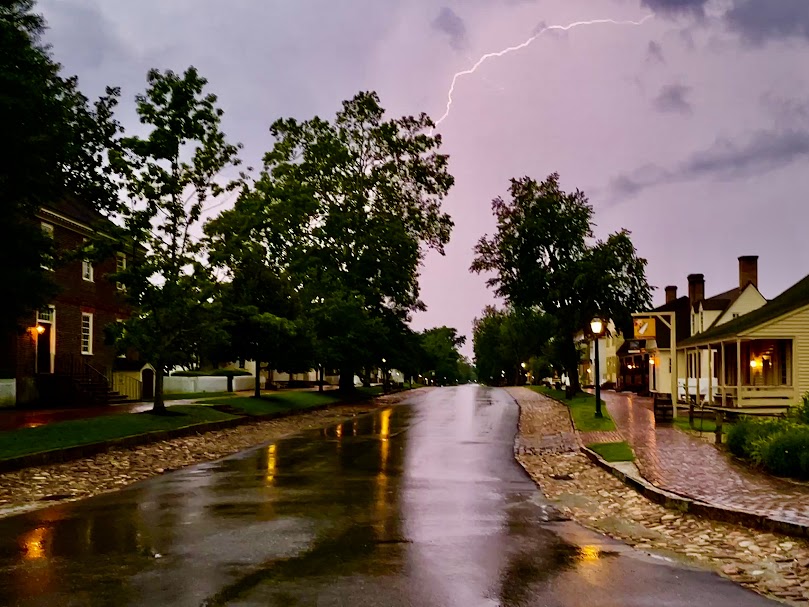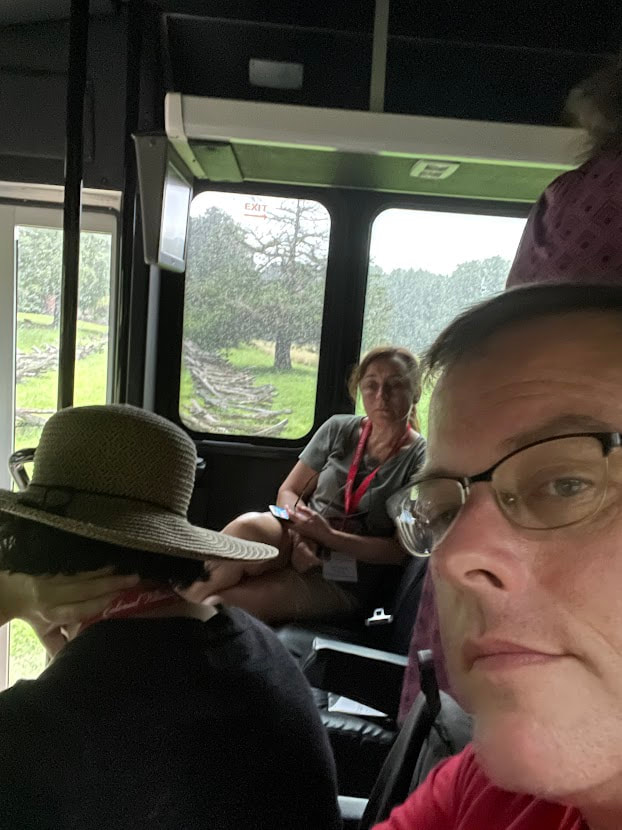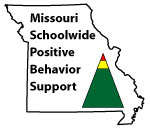It sure helps when ripping open the cartridge before plunging it into the barrel of a musket.
|
Is it true that having two opposing teeth was a requirement to be a soldier in the Continental Army? It sure helps when ripping open the cartridge before plunging it into the barrel of a musket.
0 Comments
On LocationHere are some photos of the Old Courthouse in St. Louis, Missouri, where Dred and Harriet Scott's original case was placed before the state's Supreme Court. Here, visitors can see the staircase that the Scotts climbed and the courtroom where their case was tried.
Originally Posted July 29, 2020 There may be some legitimate reasons for not teaching history in the elementary classroom. There are also some excuses for not teaching history. We'll address six that are commonly used. There's NOt Enough Time.It's true. There's not enough time if your priorities are dictated by schedules and textbooks...but if you're not seeing a need for civics education based on established history these days, you may not be paying attention. If ever we are to bring people to the table for conversation, we must teach students how to have conversations. They need to be taught how to listen, how to disagree amiably, and how to resolve conflict. Base this on actual history, show them how people have gotten it right in the past - and how they have gotten it wrong - and you will be performing a great service not only for your students, but for society around them. I Haven't Had Enough Content Training.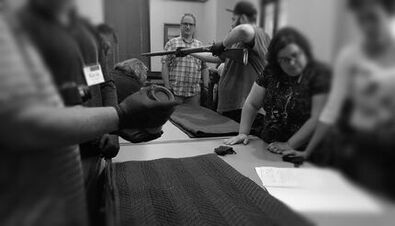 Teachers Learning History Hands-On Teachers Learning History Hands-On This is true, as well, and that's the reason things are out of whack in our profession. We could call it generational historical ignorance, and it's a problem that education has set up for itself. When we don't teach it, no one learns it. When no one learns it, no one teaches it. That cycle is deadly. I suppose this is a primary, secondary, and post-secondary failure. Is it possible, at some point, to break the cycle? I'd say we need to teach some content to the teachers and teachers-to-be. We need to get people interested in the content. It's a shame that we have sacrificed patriotism, identity, and heritage in the name of ignorance, melancholy, and apathy. It Makes Me Uncomfortable.Some elementary teachers get into the profession because they like making cute bulletin boards, teaching cute kids, and creating cute, enjoyable activities. History breaks that mold, because (Say it together!), history is ugly, not cute. It includes murder, treason, war, abuse, infidelity, racism, and all kinds of negativity. Still, taught effectively, you will keep your students attention, at appropriate developmental levels. While teachers like cute things, they also should recognize that it's all about storytelling. Every good story has conflict, but not every story has a happy ending. Find the stories within your section of the social studies. Let your students marinate in some complicated thinking. Help them understand the overarching picture, develop their conclusions, and apply the skills you are teaching them. It's Too Controversial.It can be controversial - that's true - but that's not our fault. Teaching the facts of history does not mean that we are complicit in the actions of historical figures. The facts are the facts. Sometimes they implicate people, and sometimes they simply demonstrate the flaws in humanity. Life happens, resulting in good and evil consequences. Educators aren't always obliged to take sides, but to show the causes and effects of the choices made in the past. Please don't shy away from the controversial: that may just be the spice of the lesson. It may get an unlikely student to sit up and pay attention.
It's NOt Relevant to Kids.OK. This one is blatantly untrue. If you believe kids are bored by the subject, you haven't been in our classroom to see my students have mature conversations about some very serious subjects in colonial and American history. Sure, you can stick to the biased and bland presentation of a textbook (Blah.), but the magic happens when the teacher brings it to life. Many teachers would be surprised to see ten-year-olds longing for more of a subject that the teachers themselves are bored with. Please do not project your own dysfunction in history education onto your pupils.
Some Questions:
Let's Think: Zechariah probably doesn't get enough credit from us today. He is a devout priest for the Lord, and his service is important. Zechariah does not take his duties as priest lightly, and we have proof to back that up. Yes, he has just left the temple after having an impromptu meeting with a messenger of the Lord. He must be positively overwhelmed, but now he has to face people who are waiting for him on the outside. There's simply no other way for him: he can't sneak out, and he can't just sit tight and outwait the crowd. He must face them, and in his current state, being unable to talk due to his slip-up in the previous verses, his explanation about the angel has to be a difficult piece of information for the folks to digest. Is he being punished for something? The people must wonder if their devout and dedicated priest has done something to warrant heavenly consequences. He can only perform charades for them which must be frustrating for everyone involved. One word. Two syllables. Sounds like crangel? Still, the folks know that he has seen a vision. In fact, that vision was a real angel standing before him. It is not something that Zechariah imagines, and that's confirmed when what the angel says actually happens some time in the future. Important to note is that Zechariah doesn't just run home to wife Elizabeth to tell her the news. No, he still performs his priestly duties before he goes home, leaving me to wonder if someone else might have gotten to her first and spilled the beans. How much of the angel encounter did Zechariah share with the people anyway? It was awfully big news to keep bottled up. Some people find it hard to see addiction before it begins. Maybe they just don't believe it would ever happen to them. This video illustrates addiction from beginning to a possible end. Take five minutes to watch this video: Now for some questions:
For more discussions like this one, visit the Positive Behavior Conversations page.
"Now the serpent was more crafty than any beast of the field which the LORD God had made. And he said to the woman, 'Indeed, has God said, "You shall not eat from any tree of the garden"?' "And the woman said to the serpent, 'From the fruit of the trees of the garden we may eat; but from the fruit of the tree which is in the middle of the garden, God has said, "You shall not eat from it or touch it, lest you die."' "And the serpent said to the woman, 'You surely shall not die! For God knows that in the day you eat from it your eyes will be opened, and you will be like God, knowing good and evil.'" (Earth’s first deception: Genesis 3:1-5). It’s interesting to note that Satan chooses a serpent to carry out his first deception. John the baptizer calls the Pharisees and Sadducees a brood of vipers in Matthew 3:7 and Luke 3:7.
Jesus repeats the term in Matthew 12:34, saying, "You brood of vipers, how can you, being evil, speak what is good? For the mouth speaks out of that which fills the heart." Satan chooses the form of a serpent. Cousins John and Jesus refers to the arrogant and hypocritical Jewish leaders as a brood of vipers. An easier term to understand would be sons of snakes. I’ll be the first to admit a healthy respect for snakes. Although I’m fascinated with their sleek movements and fascinating habits, I try to keep my distance when encountering one in the wild. I remember one such encounter when I was in middle school. Barefooted, I rounded the corner to our concrete back patio and almost stepped on a snake about three feet long. Going inside the house, I put on some shoes and got a rake from the garage. My objective was to move the snake out to the pasture. I knew the snake was not poisonous, but I had never seen one quite like it. Its turned-up nose had an unusual shape. When I approached the snake with my rake, it:
I finally succeeded in moving the snake to the pasture, not falling for any of its deceptive poses. My mother and I looked up the species and discovered it was a hog-nosed snake. Interestingly, the animal encyclopedia listed all the deceptions I had witnessed. My encounter with the snake had a happy ending. The snake lived and I learned. One difference between the hog-nosed snake and the brood of vipers was that the hog-nosed snake was non-poisonous. A viper can paralyze. A viper can blind a person. A viper can kill. The consequences of a misfortunate encounter with a viper are debilitating and deadly. Beware the false teachers and liars of the world! In Matthew 23:33, Jesus repeats the phrase again, describing to the scribes and Pharisees the consequences of their deception. He says, "You serpents, you brood of vipers, how shall you escape the sentence of hell?" It’s obvious that there are not only dire consequences to ones against whom a deception is being made; there are also horrific consequences for the ones who tell lies. Revelation 21:8 is a commonly quoted verse that explains that lying is just as much a sin as murder or homosexuality. To quote John’s writing in that verse: "But for the cowardly and unbelieving and abominable and murderers and immoral persons and sorcerers and idolaters and all liars, their part will be in the lake that burns with fire and brimstone, which is the second death." We often want to put sins in descending categories of severity, but God needs for us to understand this: that sin is sin, and all sin is serious and punishable by eternal existence in Hell. Our salvation is that we do not have to receive such a dire fate. We Christians choose not to lie and not to go to Hell. We Christians choose life in Heaven. The martyrs in John’s revelation are described in Revelation 14:5 as having "no lie found in their mouth; they are blameless." Won’t it be amazing to be described with those same words? 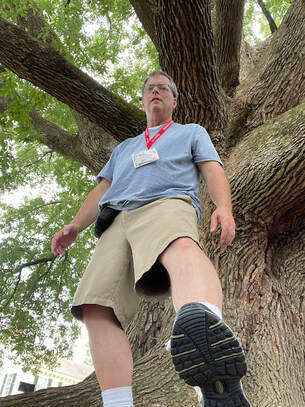 Many of my reflections might be repetitions of the actual reports that I have already made. If you missed any of those, you can always find them toward the bottom of my Colonial Williamsburg Teacher Institute page. If I hadn't already reported about them, I would have to reflect on my experiences at the capitol, where I really allowed myself to get into characters in interactive presentations of the Virginia General Assembly of the 1770s, including my portrayal of Patrick Henry and my own invented character of Edward Pigg. These experiences involved getting me unbridled, and I loved it! Getting fully into character and pouring everything into those roles was absolutely rewarding in ways that are perhaps indescribable. I would also have to repeat my report about brickmaking and receiving a genuine brick fragment from our leader. The fact that the fragment is from Martha Washington's first husbands estate in Williamsburg astounds me, and I shall cherish it. For my final personal reflection on the institute, I'm going to go in a slightly different direction; in all of my previous reflections, I have referred to things I saw, experiences I had, or moments I shared with other human beings, but for this one, I want to relate something I brought with me. On the last day, our leaders offered a time for people to share their feelings and ideas with the group. It was a time when people said their goodbyes to the group and expressed their appreciation. One of my new friends shared that she was very blessed to have attended the institute with such gentlemen - men who held doors for the ladies and treated the ladies with respect in every way. I was one of four men in the group. In elementary schools, male teachers are always outnumbered by ladies. For my 32 years of experience teaching in public schools, I have always worked in a female-dominated setting. At any rate, for many years now, I have subscribed to old school values of chivalry and proper etiquette. I was certainly aware of my minority status and my traditional values while on this trip. I began at the beginning by being the man who opened the door and held it open for all of the ladies when we entered and exited buildings. At first they were surprised, then appreciative. One of my new friends expressed how appreciative that there was a gentleman at the institute. I made it a point to tell her that I was happy to serve as long as they would accept my traditional values. I continued in this, allowing the ladies to go through buffet lines first and the like, until I noticed one of the other men stepping up his game as well. I smiled to myself when he did, knowing that my influence had made a difference. He probably wasn't accustomed to taking such a conscious role in those kinds of acts, but I think he enjoyed the appreciation of the ladies, both younger and older. For me, right or wrong, I developed a sense of great satisfaction that I was being recognized for my chivalry, but perhaps even more so that I had a direct influence on another grown man. One does not always get to see his positive influence on other people, and I couldn't help but feel a bit of joy on multiple occasions during the week. So I loved when the "gentlemen" were recognized and applauded on that last day. It was wonderfully rewarded for just being myself. The following is a lesson in a historical and faithful study beginning at 7:00 pm on Wednesdays. at the church of Christ in Carthage, Missouri, south of the Ford dealership PLEASE JOIN US!
The famous – and, to some, infamous – Dare Stones have been a part of Brenau University lore since the late 1930s. It is a collection of a large number of engraved rocks that emerged at the height of the Great Depression purporting to solve the mystery of The Lost Colony of Roanoke, a group of settlers on an island off the coast of North Carolina that disappeared without a trace in the late 16th century. Although most of the stones are generally regarded as artifacts of artifice, the first remains of great interest to historians and archaeologists. It appears to be a message from one of the colonists, Eleanor White Dare, to her father, John White, the colony’s governor, who returned to America from a three-year trip to England to find his daughter, son-in-law and granddaughter missing along with all the others he had left at Roanoke.
The Three R's
Media TimelineRemember this point from a couple of lessons back? Much of the archaeological evidence has been revealed in the past 50 years. Is it a coincidence that the tablets, cylinders, stelae, steps, engravings, relief carvings, and murals were done on materials that would withstand the passing of time AND that modern technology is just recently bringing these items into the light and confirming that they are authentic? Might the dual timing a part of the Providence of God at a time when people are more skeptical of faith and in need of more physical evidence? How do we go from stone to paper? Let's go to the book to review these points along a timeline. Stone
Papyrus Job 8:11 Papyrus Vocabulary
Leather and Parchment
From Scroll to Codex
Books like Matthew, Luke, or Acts would be this long, requiring them to be contained in separate scrolls. The video (left) demonstrates similar scrolls (from the Old Testament) in use in the Jewish community. It is fairly easy for us to understand how a codex came about from this. To form a codex, sheets of papyri or parchment were stacked and stitched together on one side. These bound codices were more like our modern books. They are easier to carry, and more could be contained in one volume. Neil Lightfoot wrote, "It has been said that the inventor of the codex belongs with other nameless benefactors of mankind such as the inventor of the wheel and the devisor of the alphabet." Then, he also observed, "More and more it seems that the codex may very well be a Christian innovation. If not, we know at least that Christians were the first to make extensive use of the codex." The Big Questions Our focus for this study hinges on answering these two big questions. The goal is to get closer to the answers each week in our class. How did we we get the Bible? Is the Bible accurate and dependable? Does God Communicate with Us Outside of the Bible? We contend that the Bible and everything it contains is supported by:
Application Question How important is it? Is it important to you that the Bible comes from reliable sources, or is it just a collection of wise sayings and advice for living? Many atheists agree that there is wisdom in the teachings of Jesus Christ, but they do not believe that Jesus is a Messiah, that He performed miracles, that He walked out of His own grave, or that He prepares a place where His faithful disciples will be rewarded for eternity. So how important is it to you that the Bible can be proven true? Do you believe there is irrefutable evidence to its validity? Is proof something that strengthens your personal faith in the existence of God? Should faith alone be enough to drive you to drive you to your knees? Is "blind" faith a stronger kind of faith? If so, then why did God provide so much evidence? Go forward with us - or in this case, back to the beginning - as we continue our study next time.  Mealtimes during the Colonial Williamsburg Teacher Institute were always different. I never knew where and with whom I would be sitting. In one of our last meals together, it worked out that I was at a table with all of the younger teachers. Strangely enough, it was an all new group for me, and I realized I was the elder in the situation. This group was really talking about their plans for the new school year, and one in particular was lamenting the approach that her administration took in observations. It really sounded like an adversarial relationship between teachers and administrators, one in which everybody had to be on their toes and looking over their shoulders for the next shoe to drop. I related that to a time during my teaching career when I felt the same way. Even superintendents, curriculum advisors, and principals from other schools in the district would drop in unannounced to observe in classrooms. Not only this, but they would "quiz" random students about what they were learning and why. Not ever knowing what they were looking for, I didn't like trying to play their game soon decided to turn to the offense. I turned the tables. Instead of waiting for the bosses to attack my students, I sicced the students on the bosses. No longer would they wait to be asked what are you learning? or, why are you learning this? From that point on, they would be the first to speak. We practiced and practiced for the inevitable, and by the time an assistant superintendent came into the classroom, they were ready. As she approached a table, students stood to greet her. They shook her hand and with established eye contact, they asked her to have a seat. They asked, "Would you like to see what we're working on?" they asked. The AS was shocked beyond belief. Before she left the school building, she spoke to the principal about what she had just witnessed in Room 404. Not only was this a good offensive strategy for alleviating the stress of unwanted and overbearing observations, but it was what was best for the students. The skills they learned in this project are valuable skills that they could use in regular life. These were grown-up skills that emphasized conversation and professional talents. The younger teachers at CWTI appeared to love the idea of going on offense, and they looked forward to using it in their own classrooms in the fall. It was an unexpected moment when we could relate to each other outside of the history of the area. I loved that they were so receptive to my suggestions.
Some questions:
Let's Think: Because of his unbelief, Zechariah will be mute for a little while. That must have been a real blow to this priest. He's going to have some to think about the time when an angel of the Lord spoke to him directly and yet he did not believe what the angel said. In spite of Zechariah's unbelief, however, the angel says God's plan will go as intended. Nothing takes away God's ability to work. Not only was Zechariah lacking faith in what Gabriel told him, but he seems to be making excuses. Does he or does he not want to have a son? He has asked for one, but now that the baby is coming, Zechariah seems to be rescinding his request. Is he really ready, at his age, to raise a child? Is his wife ready for that as well? In many cases, especially in the Old Testament, the angel of the Lord is listed just like that - the angel of the Lord - but in this account the angel is identified by name - Gabriel. We think that the original text often indicates that the angel of the Lord in the Old Testament could be Jesus Himself (which changes how we view those texts). Zechariah does not have a line-of-sight on the Messiah, but he still has one of those eye-opening experiences that just makes you want to shout to the world. (Oh yeah, he can't talk.)  I've noticed that my reflections of the Colonial Williamsburg Teacher Institute experience come in two categories: times I spent alone and times with people. As a traditionally self-proclaimed introvert who struggles to break out of that shell, I do not often connect with people I've only just met, but there was something about the setting and the people I was around, during that week in July, that really set this trip apart. It was later in the week. I had brief encounters with the other participants, but intending to see and do as many things as possible and take advantage of my time in Virginia, I had not always stuck to the crowd. I often broke out on my own and walked at a faster pace. In fact some of the younger ladies mentioned putting a bell around my neck so they could keep better tabs on me. They never knew where I was or which direction I might be coming from. There were, however, times in which my connections to the other participants really touched my heart. Again, one of those times was later in the week. I felt somewhat of a connection to two sisters from Oregon. They were funny, fun to be around, and easy to talk to. We had some free time to eat a voucher lunch, so we sat down to have a sandwich, chips, and a cookie in an outdoor dining area. I've made many observations of conversations throughout my life, taking note of how topics change on a dime, triggered by words and the thoughts of the involved individuals. Sometimes that can be very frustrating as I have more to add about a particular topic, but the conversation has already shifted. While eating across from SHARON and JANINE on that picnic table, the conversation was personal. We had already made a different connection. I mentioned that I would be preaching the morning after returning home, and they asked about my religious affiliation. "I'm a member of the church of Christ," I answered, and they were shocked. They quickly told me that they were raised in the church of Christ, but that they had drifted into other beliefs through the years. But now, sitting at the picnic table, SHARON shared her personal struggles with the recent death of her dad. She opened up to me, and her feelings just spilled out onto the table. It was a moment when I could also bring up the death of my own dad. We connected to each other over our similar experiences. We related to each other over strong and moral fatherly influences, and we missed them. I just can't forget this time when two virtual strangers were able to cry together without embarrassment in a public place. It was just a natural moment in time that transcended the presence of any others. In fact, it was such a natural moment that I don't think anyone else even noticed. We make some connections in our lives with other people, but it's hard. We hold back with our friends out of embarrassment. We try to stay strong with our family, not wanting to lead them into their own weaknesses. And we would never choose to show vulnerability in a strange place with strangers. But sometimes, we are strengthened when we allow ourselves the reality of a moment. I don't know if its possible to predict such times, but I do believe we should be on the lookout for them. Perhaps we'll find more of them when we allow ourselves some freedom. The other participants at CWTI were the best of all the educational trips I have experienced, and I'm happy to call them my history siblings.  People should not wonder why teachers are leaving the profession. It's true that some burn out after a few years. It's true that the wages do not equal the wages of the more elite professions in our society. It's true that some teachers just aren't cut out for the job they thought they wanted. But more than likely, it is the political game that teachers must play with administrators and legislators. More often, these days, the government holds school districts to standards, but it is the administration of those districts, in the attempt or even guise of addressing those standards, who press down hard on their teachers to do things in specific ways. I can talk until I am blue in the face about how teachers are expected to adapt to the needs of individual learning styles, but it seems that certain administrators will never get that teachers also have individual teaching styles. One does well with just chalk and a chalkboard, while another achieves excellent results with technology. At the risk of being repetitive, let's get to the next few ways that one can tell that the educational system is cracked (in no particular order).
When the principal mentioned above was in charge of our "system", I told my wife I was ready to clean out my classroom. I couldn't stand it any more. I had never hit a wall so hard in my life. But soon the rubber band that the system was stretching broke and most things came back to center. Still, some teachers were so used to the tight rubber band that they actually missed its pull. They yearned for the script to be returned to them. They lunged for any opportunity to be told how to stand and how to breathe - when to smile and what words to say. They, like the American slaves, were unprepared for freedom, and the new, free system was unprepared to teach them how to be free. These teachers flailed like fish on the beach. They thought they couldn't walk without someone having a leash around their necks. They didn't know how to blaze their own trails, how to make things special, how to rise above the norms. As a result, a new rubber band was hitched to the engine, and the pulling began again. Regardless of a history that demonstrated the band would break with these tensions, it's being stretched to its limit, once again. Hopefully, no one will get hurt when it snaps. There is more to come in this series, but in the meantime, did you miss Part One?
It was the best of times. It was the worst of times. While I was at Colonial Williamsburg in July, there were two storms that passed through. Neither was severe. In fact, during the first one, I was walking along Duke of Gloucester Street with an umbrella. There was a small tour group at one corner at the end of the street, but other than that, I was the only person in sight.
I recorded short videos to remember the peaceful stroll. I stared into the dusky sky to feel the pats of water on my face. What a relief from the blazingly hot day that preceded this moment! Did I have anything to think about in this moment? I wondered if it is possible to be satisfied with a moment, completely understanding that it is. When the Lord inspires a Scripture like, "Be still and know that I am the Lord," I know that I need to do so with all patience and alertness. The smell of rain as it awakens the minerals in the earth is one of those reminders that we should all heed that instruction. "Be still... "...and know... "I am the Lord." God is timeless. He has no beginning or end. When He says, I am anything, I know that He appreciates the present moment. Why? Because every moment must be present for Him. Can I also live in the moment and appreciate my surroundings without despising the past, regretting mistakes, and immensely worrying about the future, near and far? When you cannot be still, it may be because you have too many things on your mind. A walk in the rain can teach you that. But... At the same time, there was a second storm. It occurred on Friday, and it had every potential to be just as enjoyable for me, though the entire group of CWTI teachers was with me. We rode a chartered bus to nearby Yorktown, where I had every intention of walking the battlefield, gazing upon the redoubts taken by Lafayette and Hamilton, and seeing the location of General Washington's first cannon fire upon the British. I wanted to see the surrender field and walk the line that the Redcoats walked to drop their weapons into a pile.
Yeah, that might have been how I felt at one point, but afterward I realized that a storm keeping us captive was not too dissimilar to how the British felt in their fort in the 18th Century. They, too, could not freely roam about the area. They felt the danger.
And really, doesn't the gloomy weather play right into the somber ambience of Yorktown? It helped me realize that the raging battle, with all of its explosions big and small, is only a portion of the story of that moment when the world turned upside down for British General Cornwallis and his army. They didn't feel all that great about being in that spot; they, too, wished to lunge and plunge. So, I guess the rain in this instance sort of added to the experience instead of removing it. I am so thankful for my CWTI experiences and the great, unintended lessons they taught me that were off the books.  I have a great idea! Let’s allow computers to raise our children. Yeah, I mean, there are so many advantages to adopting such a policy in today’s changing society. So why not? It’s obviously the wave of the future. Think about it: they don’t lie; they are more efficient; they have better memories; they are more tolerant; they are “educational”; they are entertaining; they offer flexibility and expansion; and they make the world smaller. It always sounds good in the beginning, doesn’t it? I’m sure the desire to know good and evil was appealing to Eve and Adam, in the garden, as well. As always, however, we must examine and evaluate before we adopt an attitude of agreement. Let’s briefly examine the problem, make a realization, and look at the solution. In 1 John 5:21, it is written, Little children, guard yourselves from idols. Too many have allowed the technology of today’s world to become the babysitters of their children. Too often our children sit in rooms, devoid of living adult role models, save the ones they see on TV and listen to in their earbuds. Too often our children “worship” the people, the programs, the action, the drama, the beat, the cause, the label, the industry, the fad, the drum, the glamour, the catwalk, the look, the beauty, the success, the scent, the lure, the feel, the fashion, the hype, the language, the humor, the points, the enticement, the competition, the suspense, the skin, the sound, the taste, the spice, and the radical commercialism of today’s multi-media society. Over 20% of the professional athletes in our country have criminal backgrounds. Hollywood overwhelmingly supports and openly promotes homosexuality, carnage, and drug abuse. Today’s entertainment industry supports gambling as a glamorous lifestyle, drinking as a prerequisite to “normalcy”, and extramarital sex as a necessity of life. When you think about it, the placement of our children amongst such a message is exactly the opposite of raising them in the nurture and admonition of God. It is not a good idea to allow computers or any other of the modern media to raise our children! Yet so many among us don’t give it a second thought. When your children listen and watch certain “artists” and influencers, are they brought closer to the Lord? If your children watch the awarded TV sitcoms of our day, are their morals and Godly principles reinforced? Let’s read, beginning in verse 18 of 1 John 5: "We know that no one who is born of God sins; but He who was born of God keeps him and the evil one does not touch him. We know that we are of God, and the whole world lies in the power of the evil one. And we know that the Son of God has come, and has given us understanding, in order that we might know Him who is true, and we are in Him who is true, in His Son Jesus Christ. This is the true God and eternal life." Our computer may know more than we; the television is a true marvel of physics; that streaming service is packed with amazing amounts of information and imagery; but it is God we worship and Him alone. Do not forget the simple, straightforward warning of John in the last verse of his first letter: "Little children, guard yourselves from idols." Perhaps you have allowed the idols of the world to occupy a great amount of your time; you know you need to respond to the invitation of Christ: turn away from idols and return to the church with a repentant heart. 1 Corinthians 10:13 and 14 says this: "No temptation has overtaken you but such as is common to man; and God is faithful, who will not allow you to be tempted beyond what you are able, but with the temptation will provide the way of escape also, that you may be able to endure it. Therefore, my beloved, flee from idolatry. It is possible for you to overcome the temptations to which you have fallen victim." 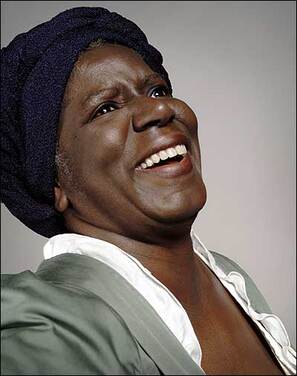 Photo Credit: Colonial Williamsburg photographer Tom Green Photo Credit: Colonial Williamsburg photographer Tom Green If there was ever a moment at the Colonial Williamsburg Teacher Institute that struck me in the gut it was this one. She was our first character interpreter, and she interpreted the real-life person of Ann Ashby, or Nanny Jones, a black woman who found herself in an 18th Century interracial marriage. The story is complicated, but the interpreter was completely captivating. What a story! When she left the room, there was applause as everyone looked at each other and collectively released their breath. But the event was not over. Our host then introduced the interpreter as herself, Valarie Gray-Holmes. She could now talk to us as a 21st Century citizen and refer to Nanny in the third person. She introduced herself and then proceeded to tell us about her personal story and how it relates to Ann Ashby's history. She talked about personal struggle, her mother's and grandmother's struggle with each other, and about forgiveness and reconciliation. She talked about sexual assault, mistrust, and grudge-holding. Her mother could not imagine why she wanted to portray a black woman in an era where blacks were considered as property and inferior. She related the instance when her mother saw her interpretation of Ann Ashby for the first time and realized the connections that could be made. She finally understood and appreciated the importance of telling this woman's story among the predominantly white history of the Virginia Colony. It all struck home with a few of the people in the room that afternoon, and some had tears and visible emotions in response. I was also hit hard by the account. But it wasn't necessarily an oppressed minority story that touched those people. It was the relationship that Valerie established with Ann Ashby. It was the developing relationship Valerie shared about her mother. And it was about her mother forgiving her late grandmother upon a newfound realization. In all of this - with everything falling into place and developing as it did - Valeria considered God's Providence to be at work. The other participants went upstairs to find lunch when they finally acknowledged their appreciation to our presenter. When I came out of the restroom, everyone was gone, but Valerie was still standing in the hallway, getting her things together. I could not leave without saying something to her. I felt like she needed to know that her "performance" went beyond just the telling of a story of black history or racism, but that it also connected with someone who has recently experienced mental illness nearby, someone who went through an unforgiving situation and had the realization that grace trumps evil (even perceived evil), someone who connected with her personal story. In talking to her as she stood there in period dress, my voice halted, and a lump developed in the center of my skull. My words stopped, and my lips pursed and trembled. Those burning tears behind my eyes burst forward, and I couldn't continue. In my desire to let her know that her story resonated with a white, landowning man, the connections and similarities kept coming forth in my mind, and it was overwhelming. Her own tears mingled with mine as we shared the importance and the brilliance of the connections and relationships that we have made, as well as the role of God and His direction in our lives. It was an incredible moment that I should never forget. After a nice lunch with my new history brothers and sisters, I struck out onto Duke of Gloucester Street to look around. Most of the street was empty at this time of the evening, and I thought it would be a nice time to call home. A couple of the CWTI participants were a distance behind me, probably headed toward a bus stop to head back to our hotel, so for the most part I was alone. When my wife answered, she asked the traditional, "How was today?" and I didn't get very far before those heaving sobs hit me again. She was very patient as I talked through the crying to explain the experience of the day. Those other teachers getting closer, I turned to walk down a side street, making sure to keep my back to them. I hadn't planned on breaking down in such a way in such a public location, right there in the focal portion of the most important street of Colonial Williamsburg. It's not something most folks experience - that thick and heavy emotion involving the 18th and 21st Century connections with history and humanity. Valarie Gray-Holmes, Ann "Nanny Jones" Ashby, and I were very fortunate to meet in a time when our stories could intersect so richly, and this was simply a one-of-a-kind experience that few people could ever comprehend. |
AnthemThe Hoggatteer Revolution
is an extensive, award-winning, inimitable, digital platform for Encouraging and Developing the Arts, Sciences, and honest Christianity in the beautiful, friendly LAND OF THE FREE AND THE HOME OF THE BRAVE This site is described as
"a fantastic site... chockablock full of interesting ideas, hilarious anecdotes, and useful resources." 
...to like, bookmark, pin,
tweet, and share about the site... and check in regularly for new material, posted often before DAWN'S EARLY LIGHT! History in ResidenceElementary Schools: Bring Mr. Hoggatt into your classroom for a week of engaging and rigorous history programming with your students. LEARN MORE BUILDING BETTER
|
|||||||||||||||||||||||||||||||||||||||||||||||||||||||

